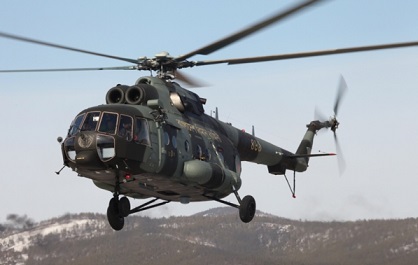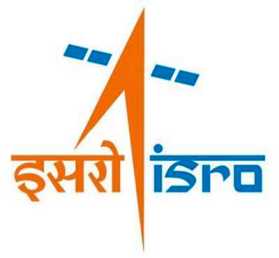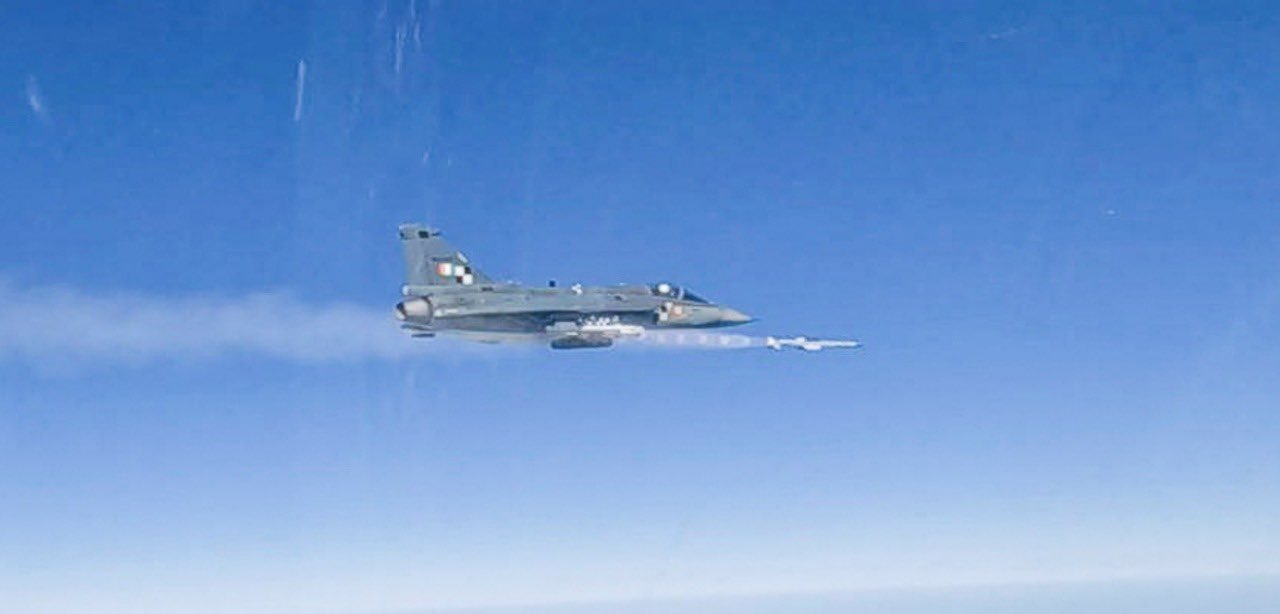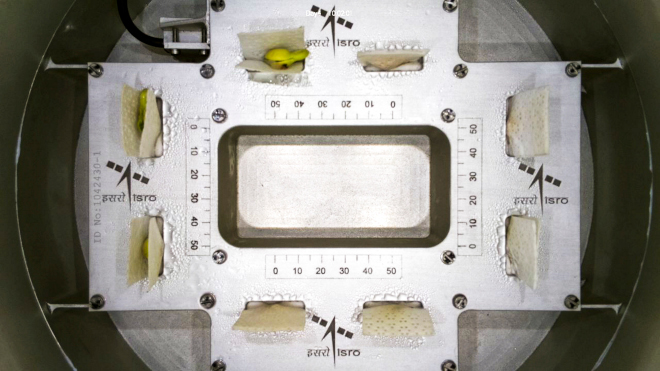The Naval Strike Missile being test fired. A Kongsberg photo
PARIS (BNS): US defence major Raytheon and Norway's Kongsberg Gruppen have decided to offer their Naval Strike Missile (NSM) to meet the US Navy's "Over-the-Horizon" weapon system requirement for its littoral combat ships and future frigates.
The team will meet the US Navy's June 23 proposal deadline, Raytheon announced in an official statement on June 21.
The NSM is a long-range, precision missile that provides superior strike capability against heavily defended land and sea targets, the company said.
The proven missile features unmatched ability to penetrate modern enemy defence systems plus advanced seeker and target identification technology, it added.
"NSM is the only missile of its class that is ready today to add critical, long-range firepower to naval ships," said Mike Jarrett, Raytheon Air Warfare Systems vice president.
"NSM is proven technology that will create new jobs in America and save the United States billions of dollars in development costs," he said.
Raytheon said it will produce the NSM launchers, missiles and components in the United States.
The US Navy had issued an RfP for "Over-the-Horizon Weapon System (OTH-WS)" programme in February this year.
Two other US defence majors, Lockheed Martin and Boeing, which were initially contending for the programme later withdrew from it citing that the competition was increasingly being driven to favour the NSM.
The NSM has been developed by Norway's Kongsberg which has partnered with Raytheon since 2015 to offer the system to the US Navy.
NSM is the main weapon onboard Norway's new frigates and corvettes. The missile has also been successfully test fired from the US Navy's Independence-class littoral combat ship, USS Coronado, in September 2014.
 Previous Article
Previous Article Next Article
Next Article













The Indian Air Force, in its flight trials evaluation report submitted before the Defence Ministry l..
view articleAn insight into the Medium Multi-Role Combat Aircraft competition...
view articleSky enthusiasts can now spot the International Space Station (ISS) commanded by Indian-American astr..
view article